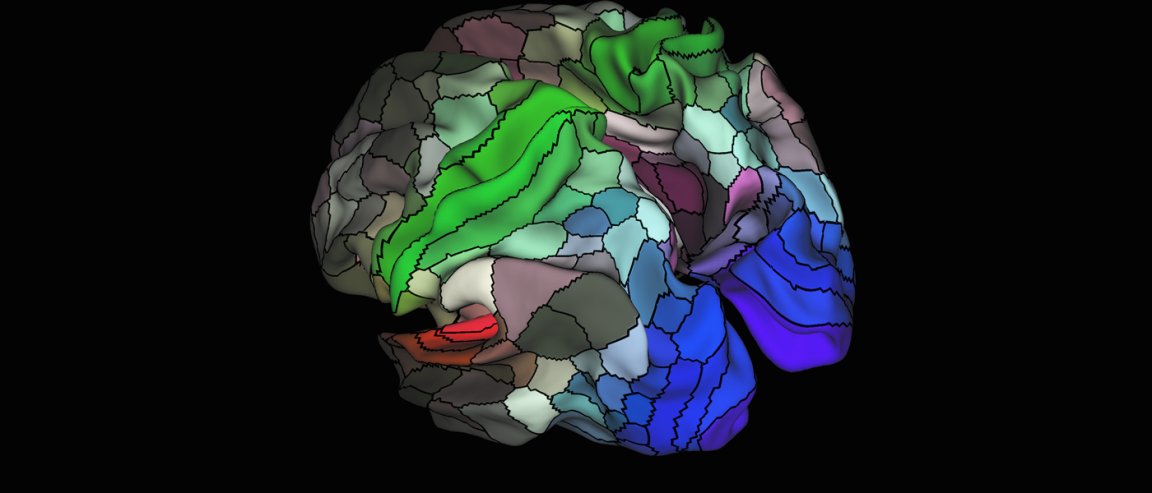
Filling in the Gaps
For all our technological prowess, the human race doesn’t really have much of a grasp on how the brain works. We barely have an accurate map of the thing. But this latest development may have just taken us a great leap towards solving that problem.
Scientists have published the most detailed map of the human brain ever, using brain scans of hundreds of people to identify almost 100 new regions in the cerebral cortex.

The study, published in Nature, identified 180 distinct regions of the brain. Such detail would help neuroscientists in identifying how the brain works and what happens when it becomes injured or diseased. “
The brain is not like a computer that can support any operating system and run any software,” said David Van Essen, team leader of the study. “Instead, the software – how the brain works – is intimately correlated with the brain’s structure – its hardware, so to speak. If you want to find out what the brain can do, you have to understand how it is organised and wired.”
Drawing the Map
The researchers made use of brain scans to complete their study. In cooperation with the Human Connectome Project, the team studied the scan data of 210 healthy young men and women. In particular they studied the cerebral cortex, the outer layer of folded neural tissue of the brain.
The volunteers were made to do simple mental tasks, like listening or performing mental tests, while they were being scanned. This revealed areas of the brain activated during each task.
A machine learning algorithm then analyzed the scans, revealing discrete regions of the brain, finding common cortical coordinates between all the different scans. To confirm the data, the researchers ran the results against scans of a different set of 210 people.
But the researchers urged caution in relying too much in the study.
“Our aspiration is to make the best possible maps that we can, but we have to be honest in saying our understanding, even with this new paper that’s come out, is not the equivalent of a Google map,” Essen told Motherboard.